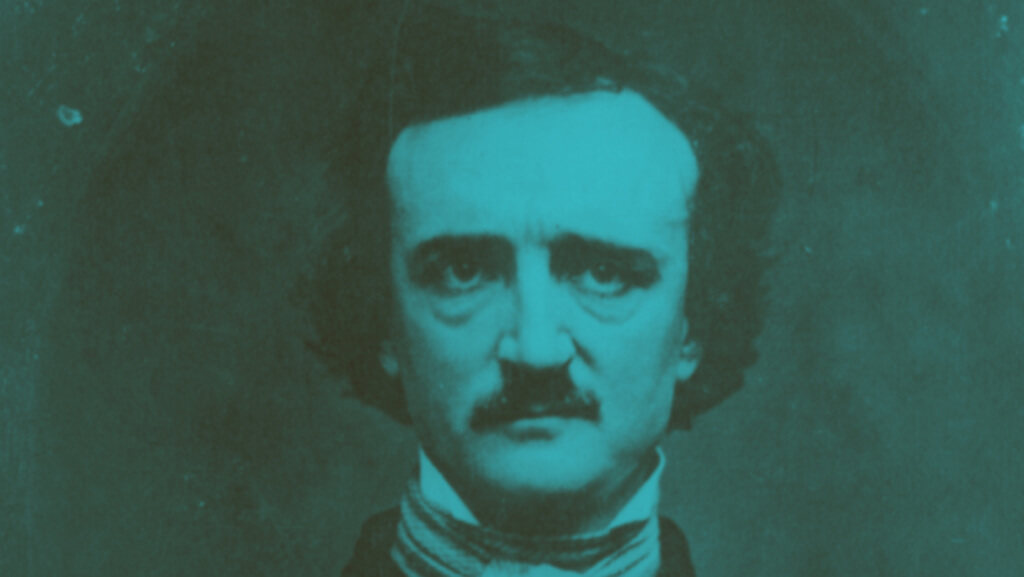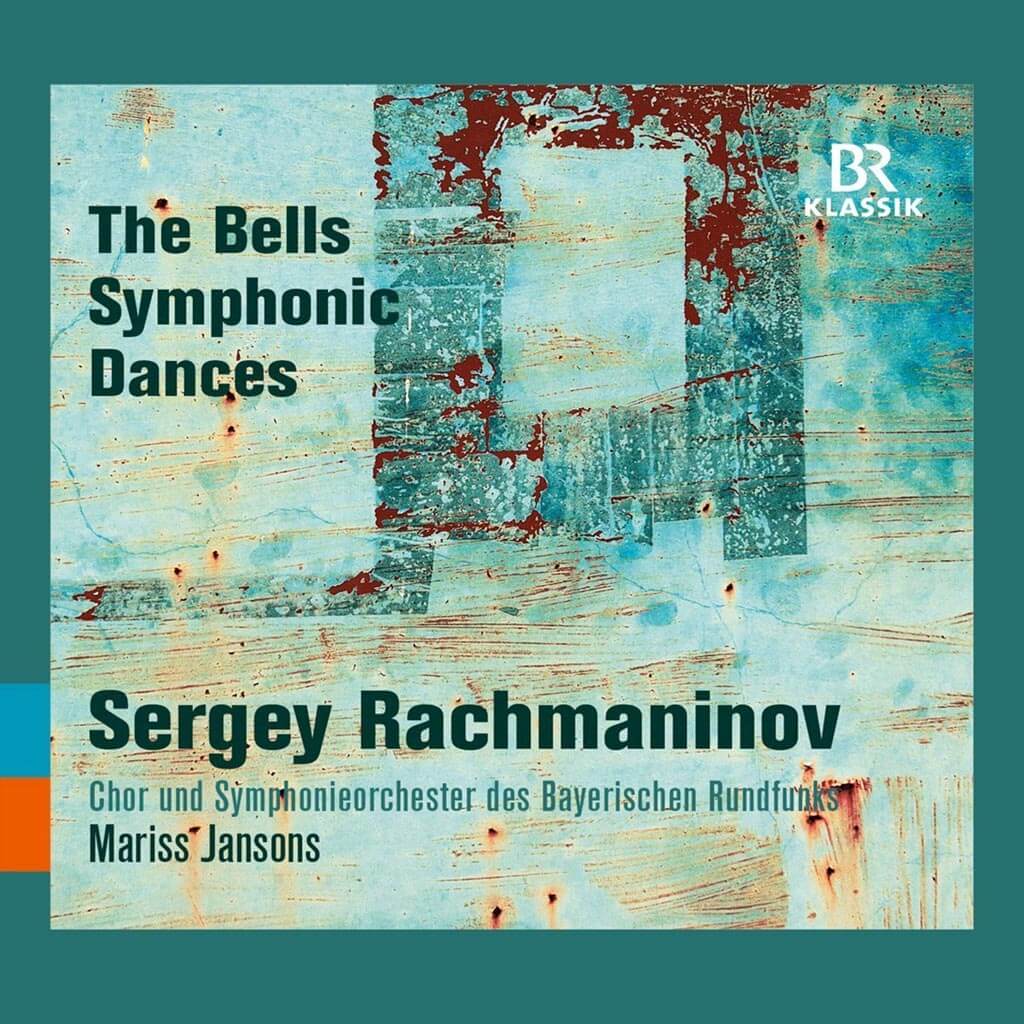
To the average concertgoer, Sergei Rachmaninov is probably best known for writing lush, romantic melodies and music of great passion; that said, he was a man with a decidedly melancholy temperament, subject to periods of extreme depression, and many of his compositions reflect this side of his personality. He often quoted the Dies Irae motive in his works e.g., Rhapsody on a Theme of Paganini, The Bells, Symphonic Dances, the Isle of the Dead, etc., and there is a fondness for dark and brooding episodes in many of his pieces. The two works on this new recording, although they fall into this category, are nonetheless among his greatest masterpieces.
The Bells, a choral symphony for soloists, chorus and orchestra based on poems by Edgar Allen Poe, a man at least as melancholy and fatalistic as Rachmaninov himself, is in four movements, each of which is devoted to a different kind of bell: sleigh bell, wedding bell, alarm bell, and funeral bell.
The first movement of The Bells is typical of both poet and composer: the sleigh bells initially represent the joys and innocence of humanity in childhood and youth, but it is in the nature of things that this happiness cannot last. Ultimately, deception and delusion will cloud this carefree picture as mankind inevitably hurtles toward oblivion. Wedding bliss provides some respite in the second movement but then the mood darkens again with the terrors of raging fires and finally funeral bells “announcing that the sufferer sleeps in wakeless slumber.” Although the literary narrative is somber, the music itself is magnificent and given an excellent performance on this CD. True, soprano Tatiana Pavlovskaya has that wide vibrato we often associate with Russian singers, but tenor Oleg Dolgov and baritone Alexey Markov are superb. The Bavarian Radio Chorus ranks among the finest choral ensembles and under Mariss Janson’s inspired direction it is precise and powerful.

Jansons has recorded the Symphonic Dances three times — the first with the St. Petersburg Philharmonic (1992) and the second with the Royal Concertgebouw Orchestra (2006) — and this latest version might well be the best. Fiery when it needs to be, Jansons is now more willing to take the time to smell the roses, taking extraordinary care over the intricate wind writing and working wonders with the string phrasing in the first movement. In the quieter second section, after the lovely alto saxophone melody is introduced, the strings offer their version of it, and it couldn’t be more beautiful. I also like the way Jansons brings out the important piano part, often barely audible in other performances.
Mariss Jansons celebrated his 75th birthday several months ago and appears now to be cutting back on his engagements, taking on very few guest conducting assignments and devoting himself almost entirely to his own orchestra, the Bavarian Radio Symphony. He also seems to be cutting back his repertoire. That said, in the music he chooses to conduct these days, he is masterful, and his chosen orchestra can give him exactly what he wants.
The Bavarian Radio Symphony orchestra’s 2018-2019 season, just announced, can be found at www.br-so.com. Jansons conducts music by Dvořák, Richard Strauss, Stravinsky, Shostakovich and Bruckner and leads the orchestra on an Asian tour in November.
- SCRUTINY | TSO Lets Berlioz Do The Talking In Season Opener - September 21, 2018
- RECORD KEEPING | Even Yannick Nézet-Séguin Can’t Make Us Love Mozart’s La Clemenza di Tito - September 6, 2018
- RECORD KEEPING | Giovanna d’Arco With Anna Netrebko Explains Why The Best Operas Survive - August 30, 2018



